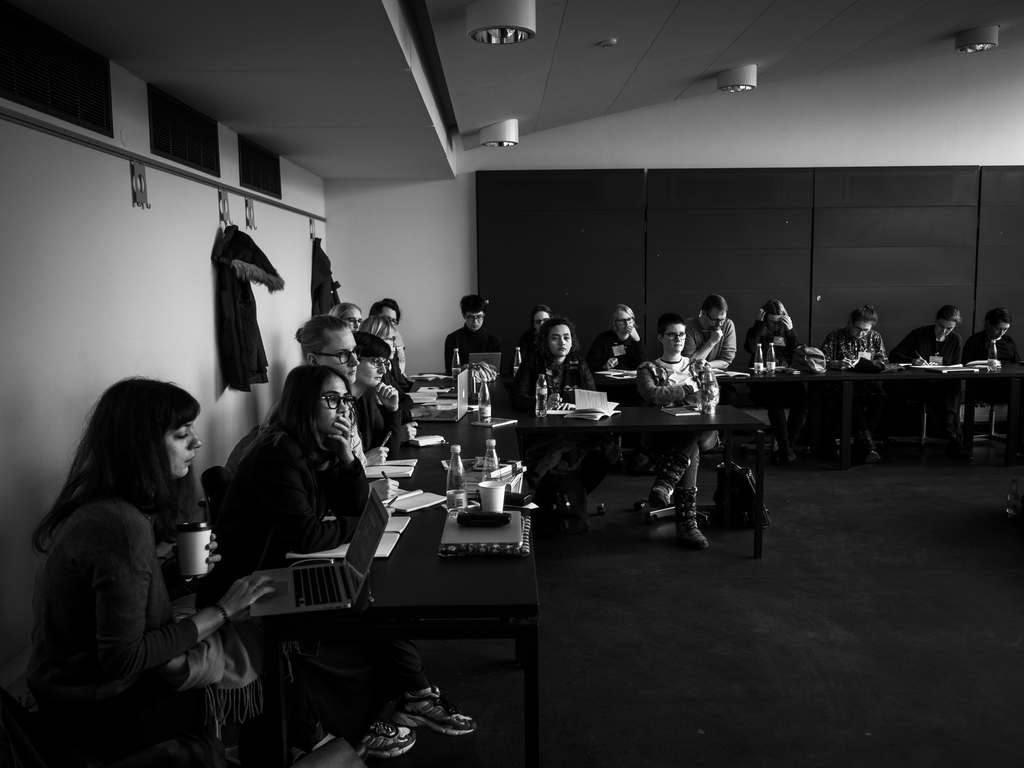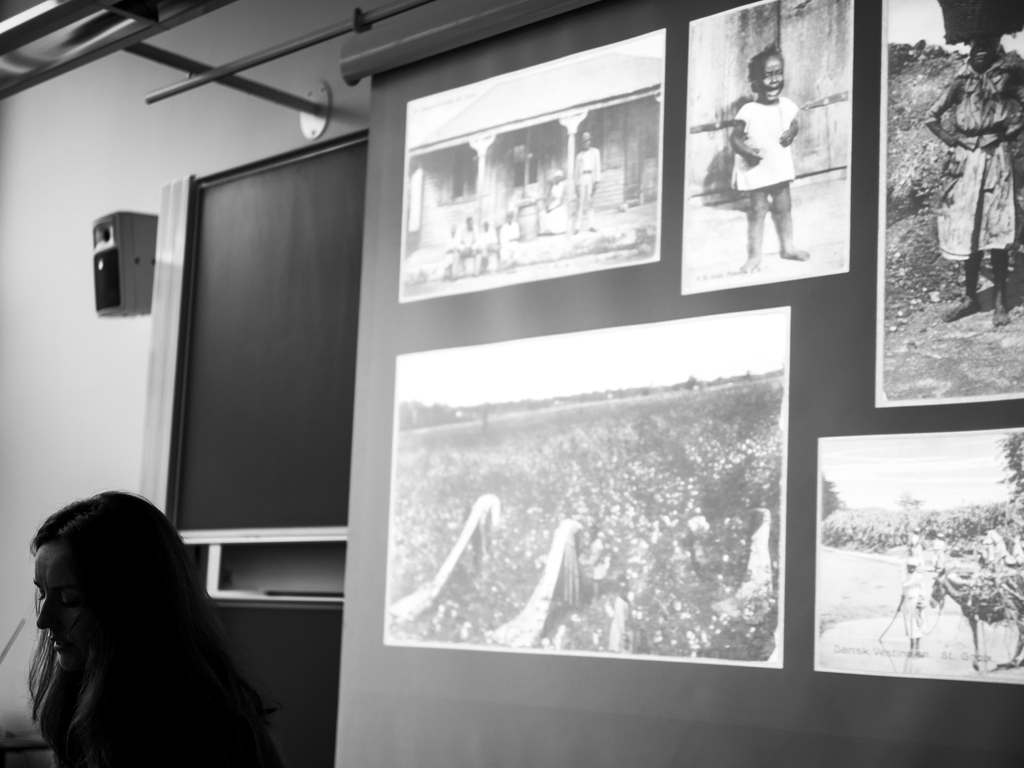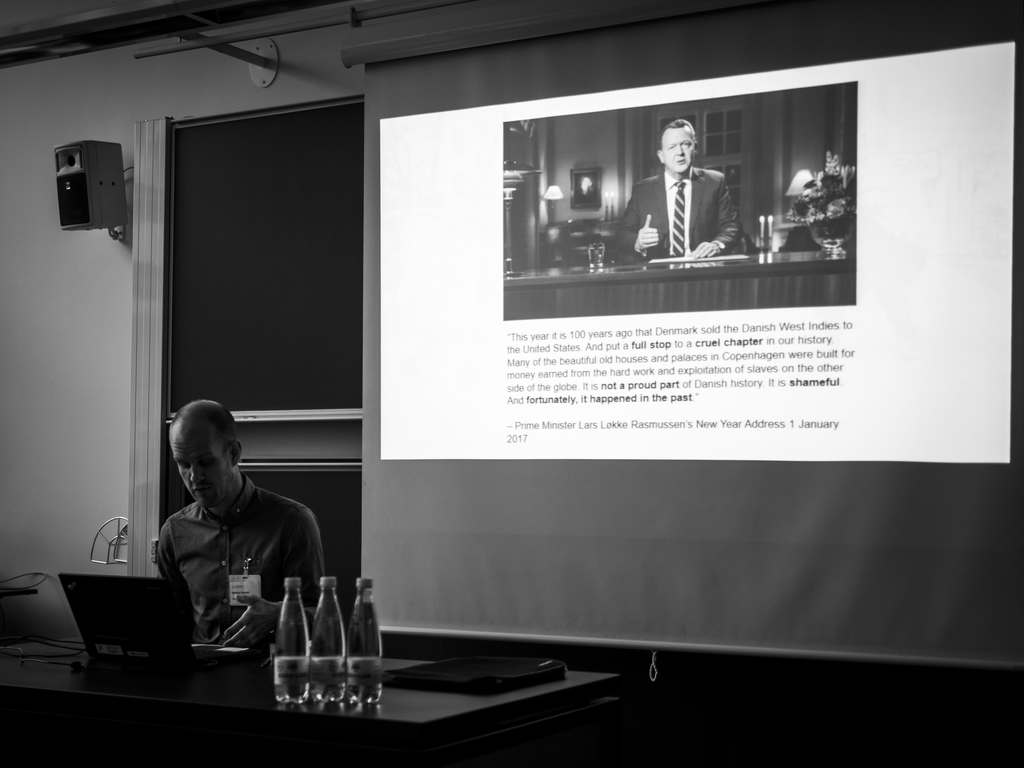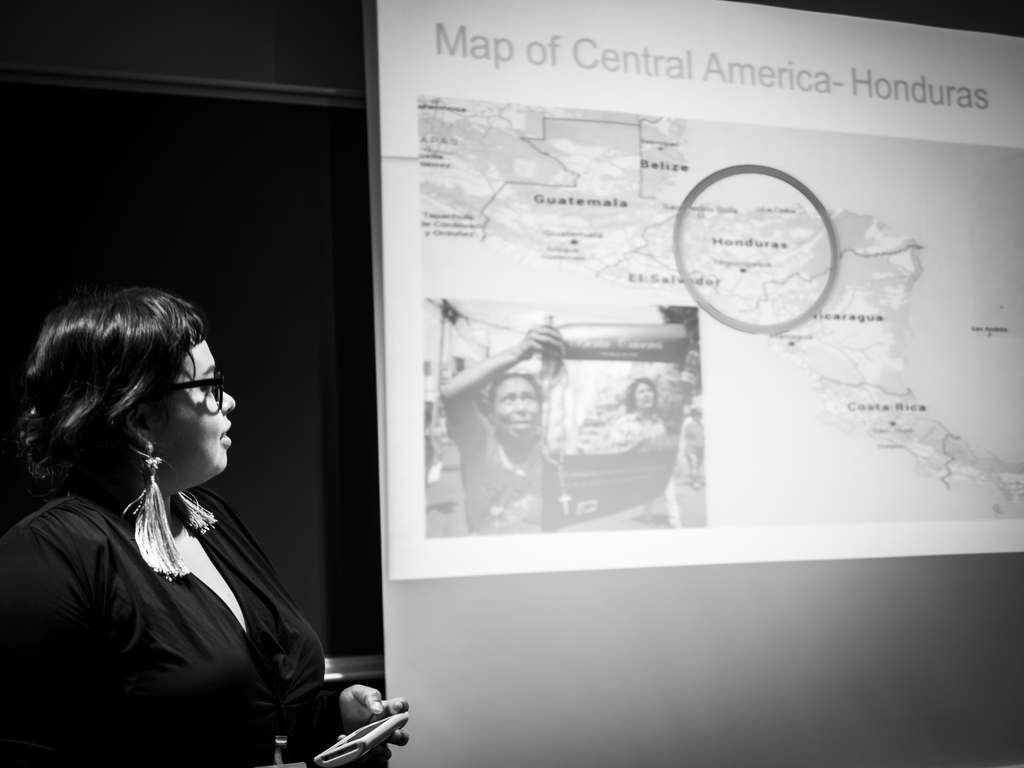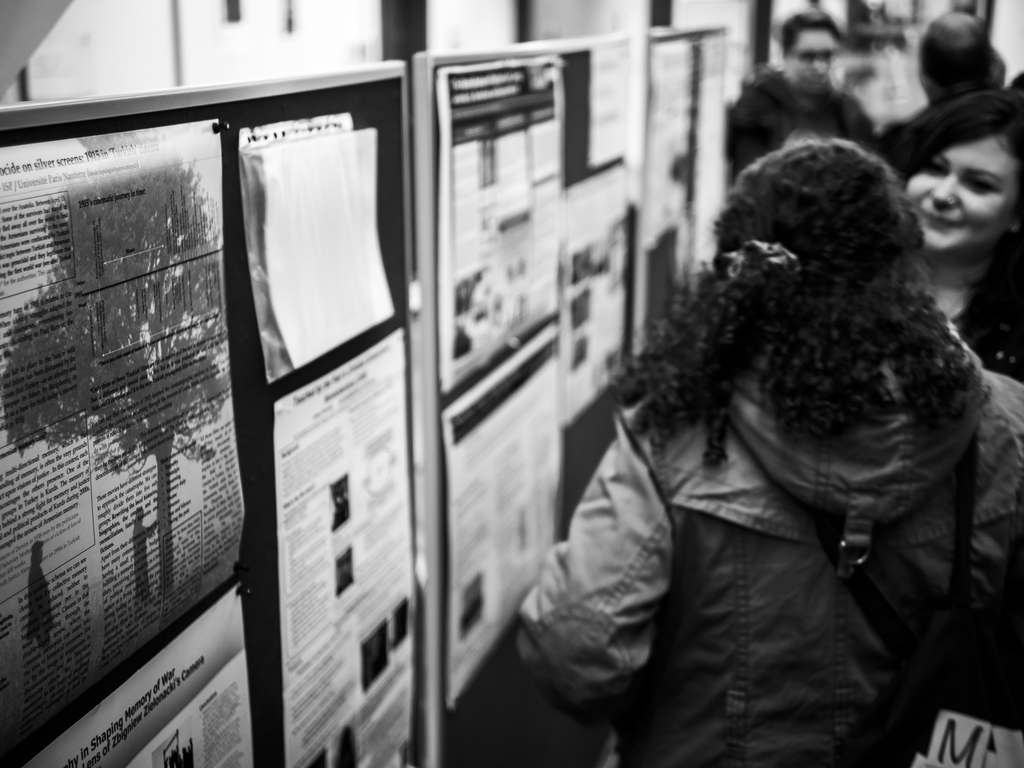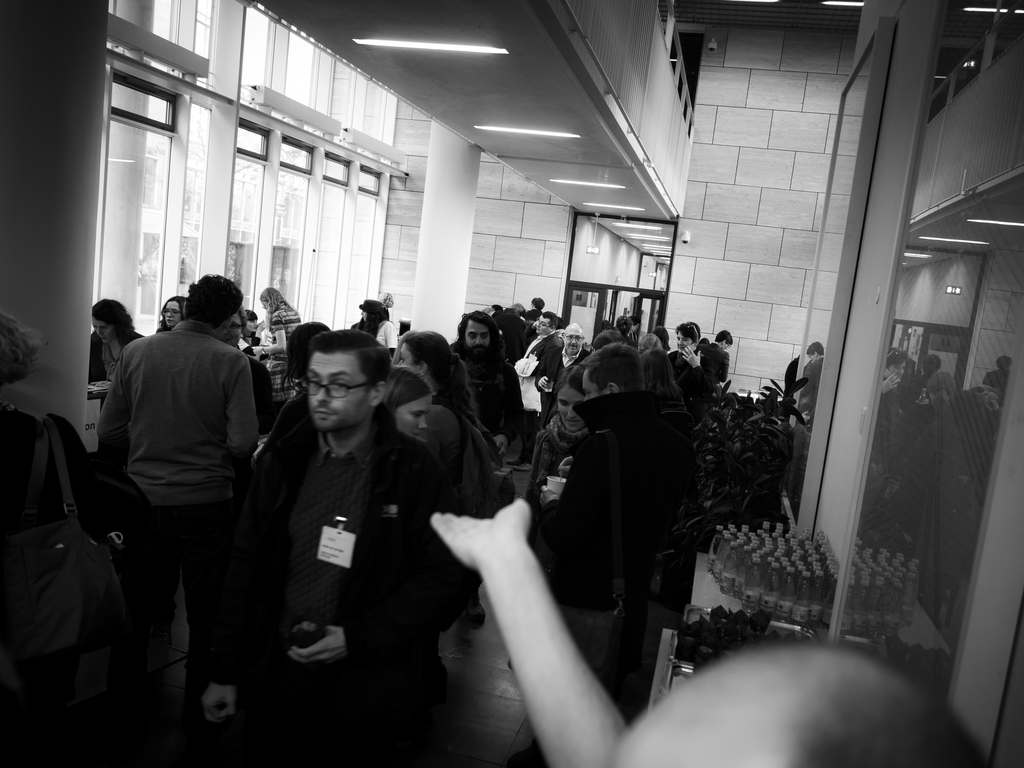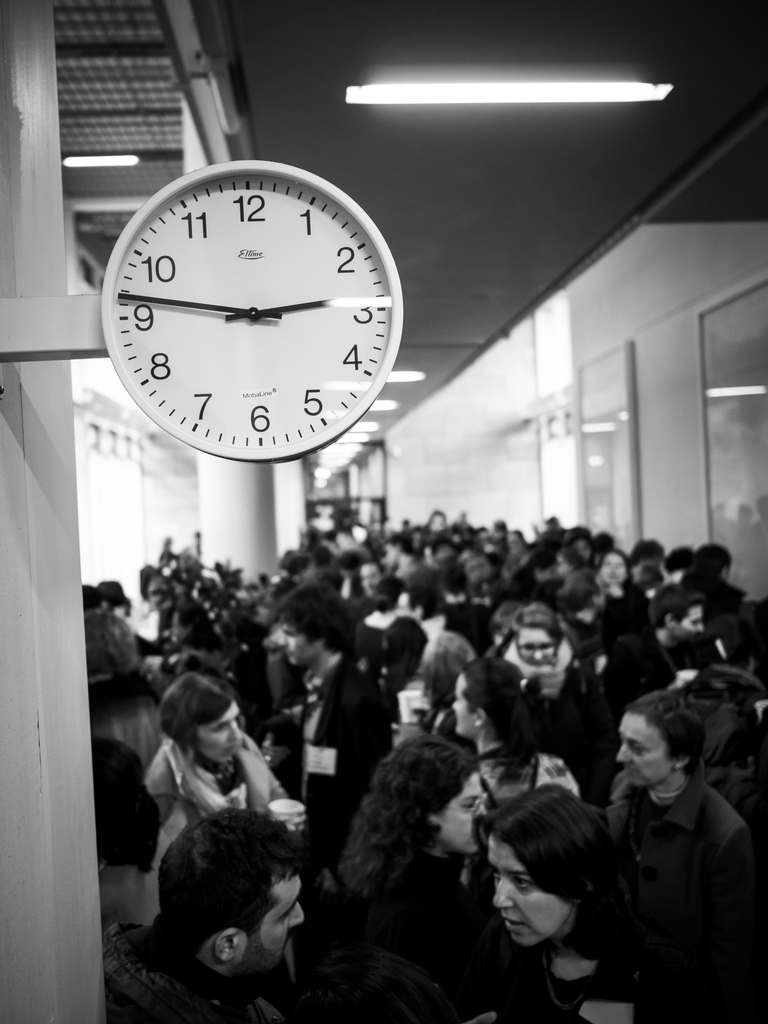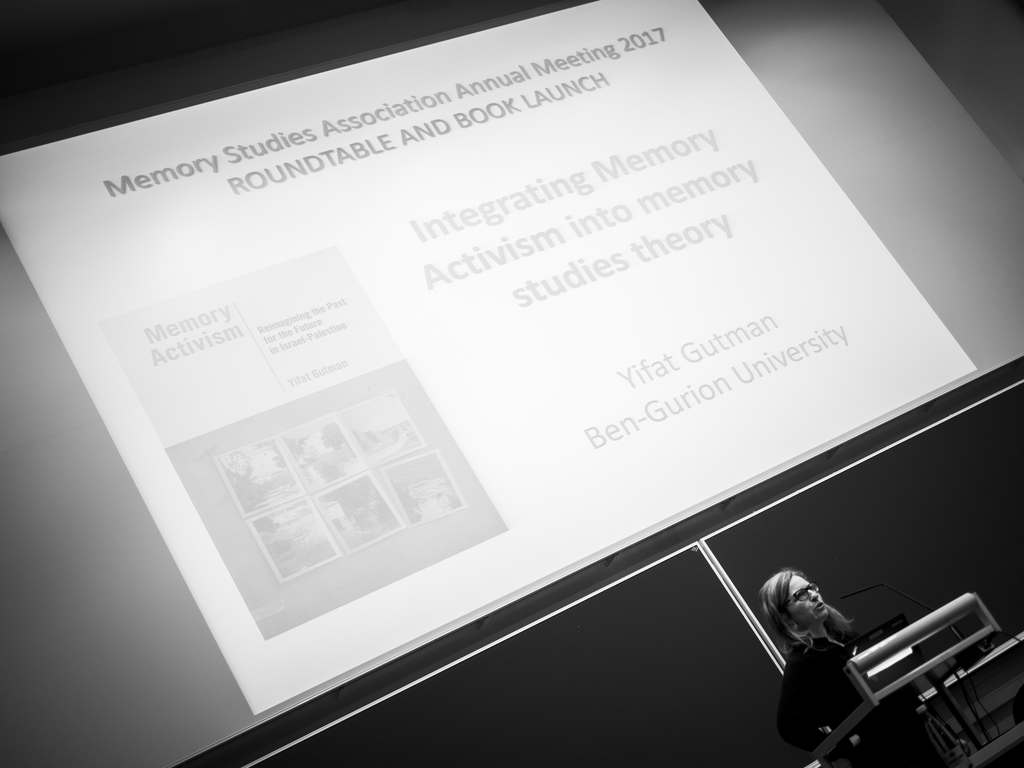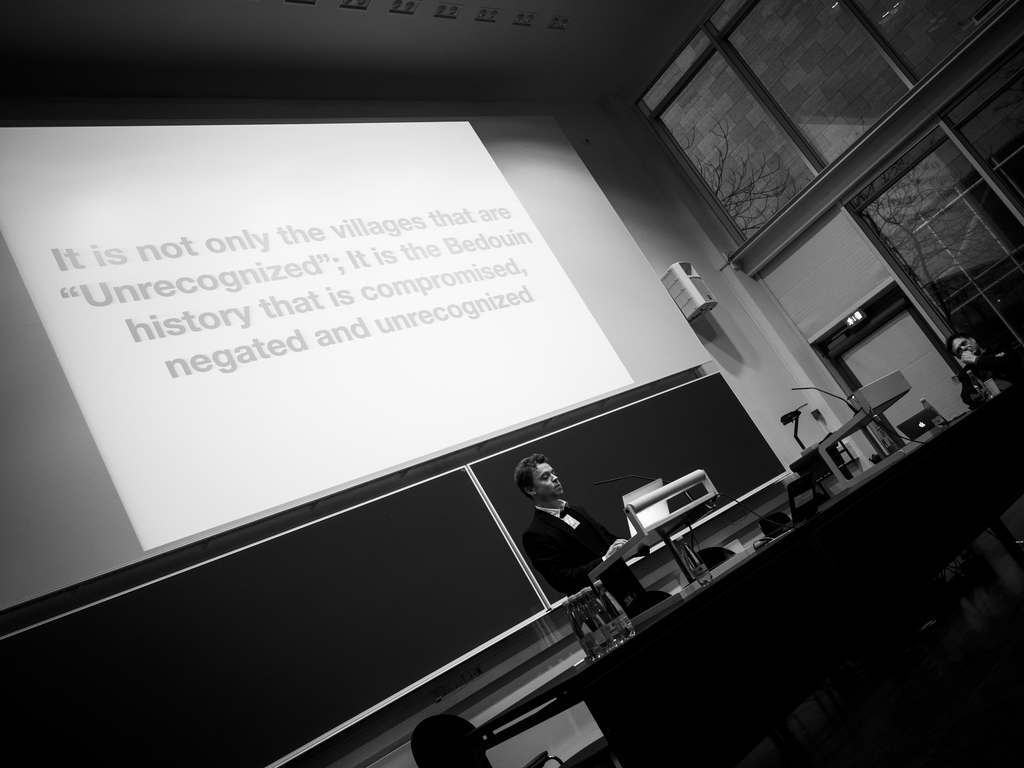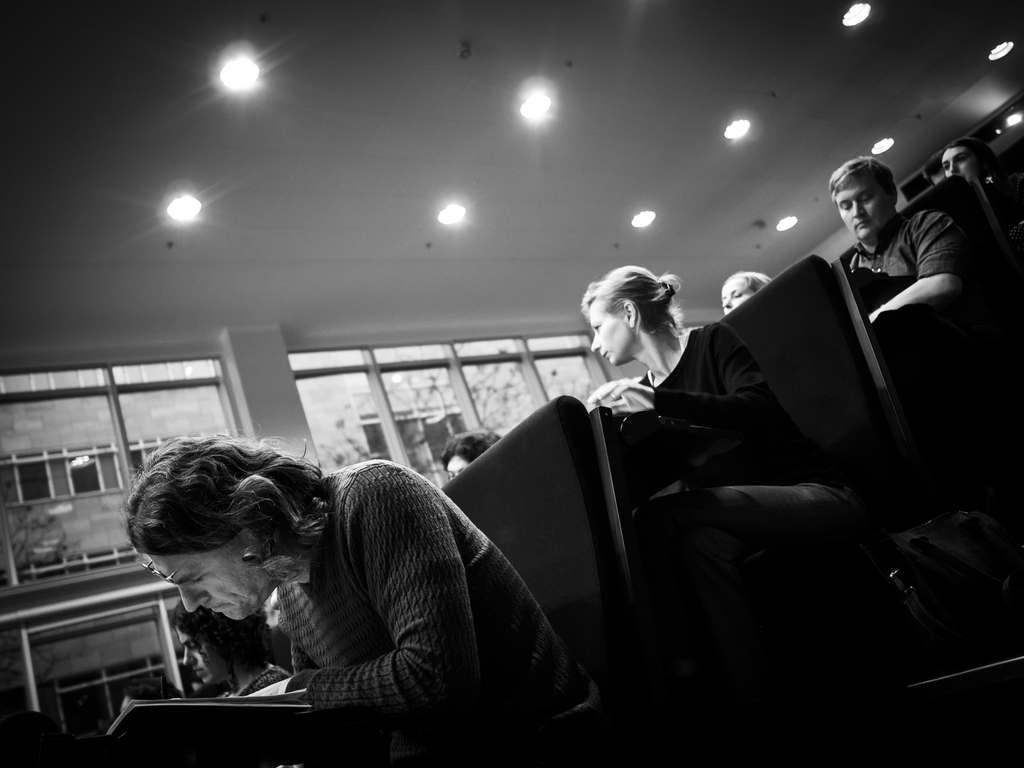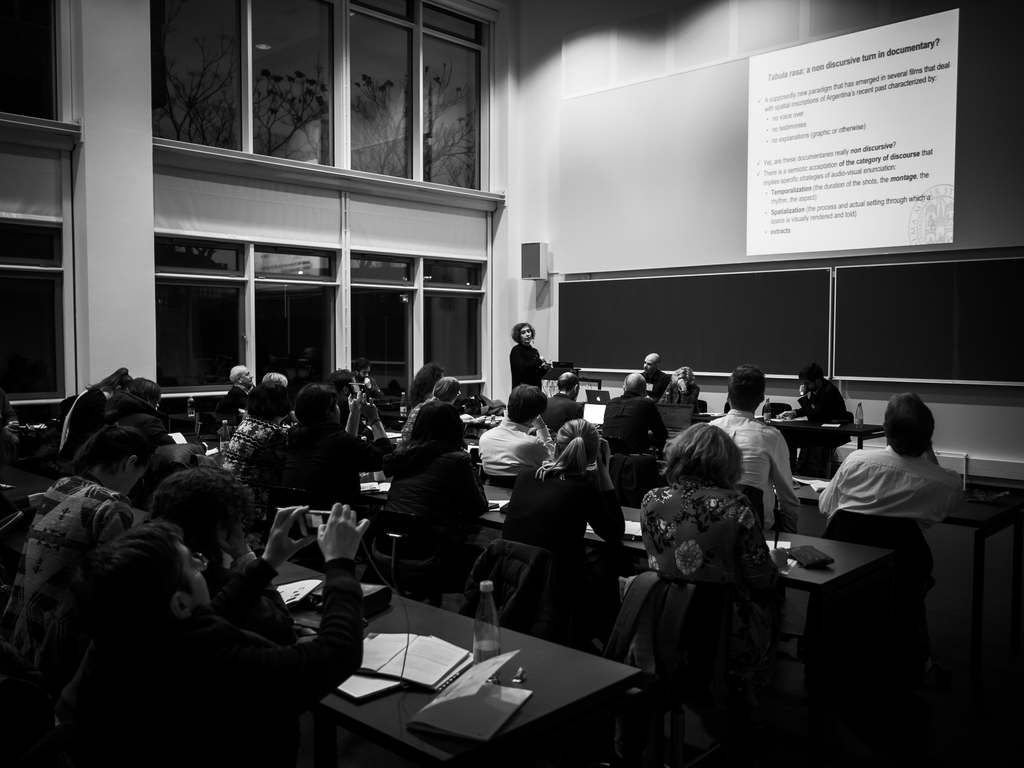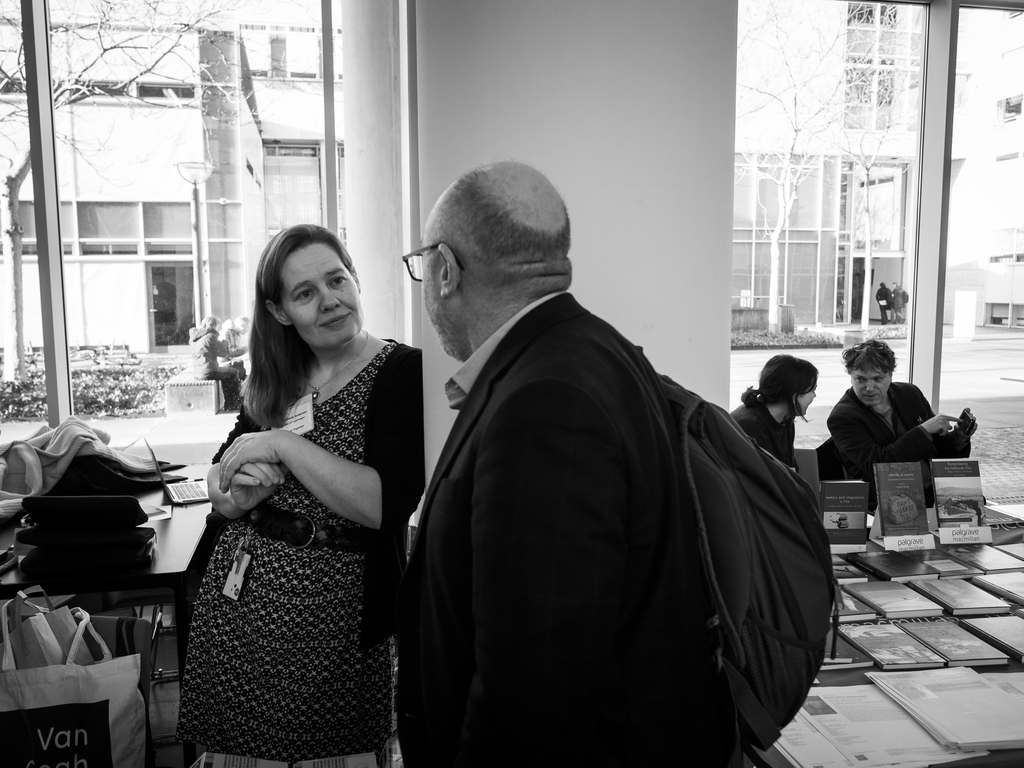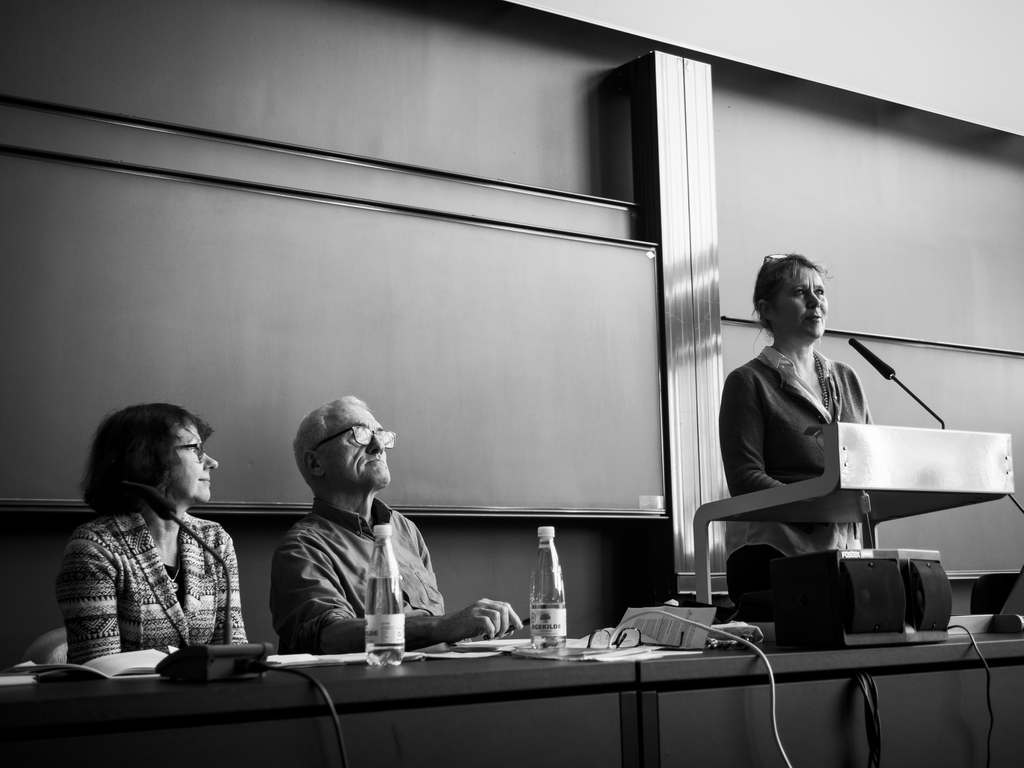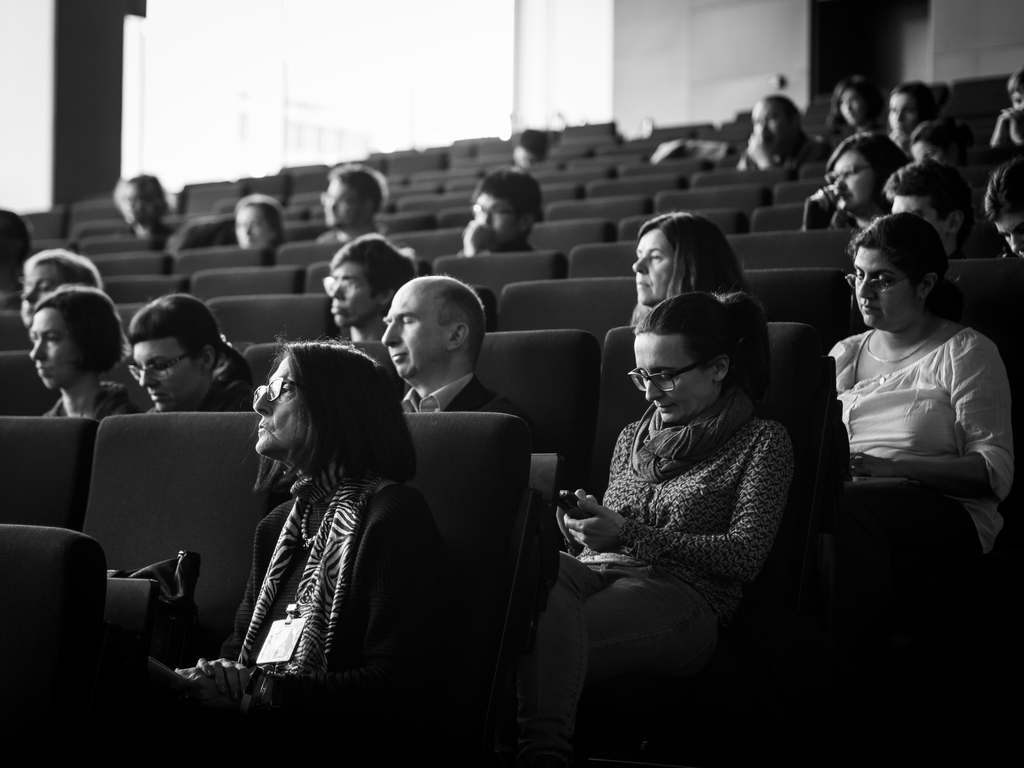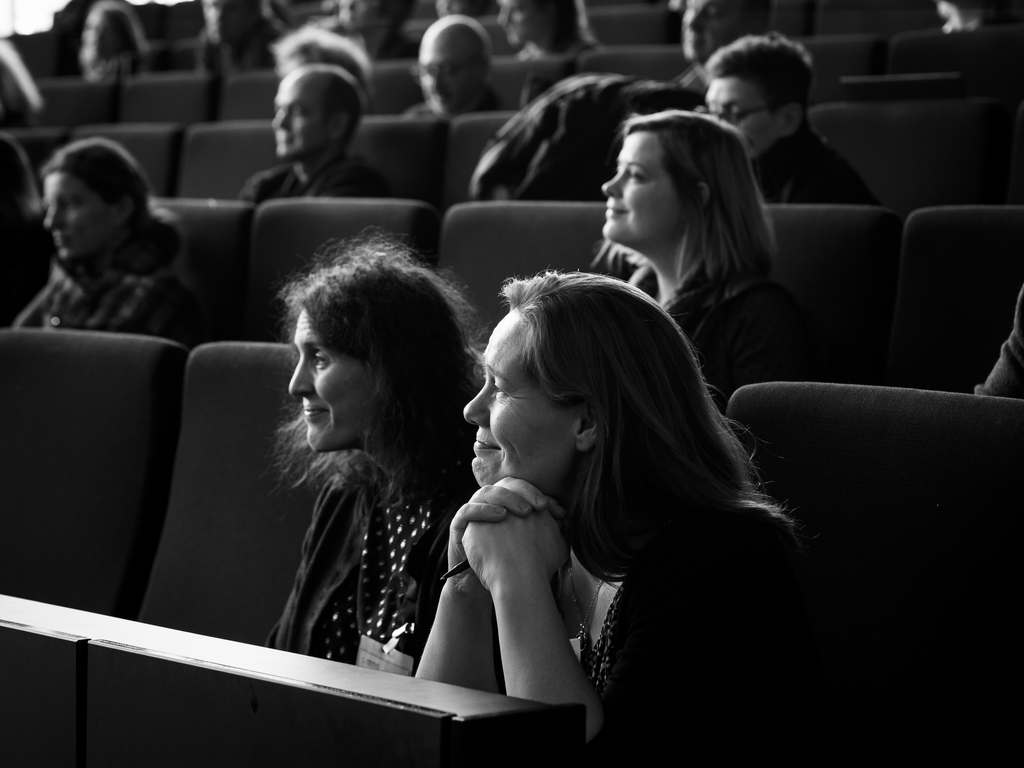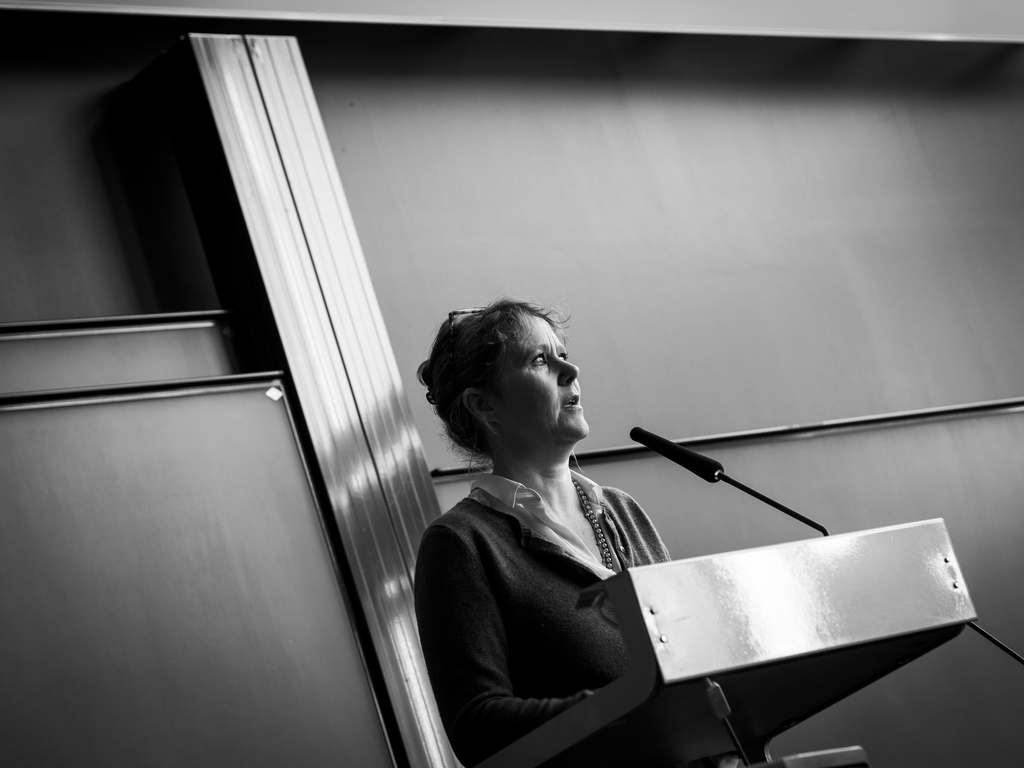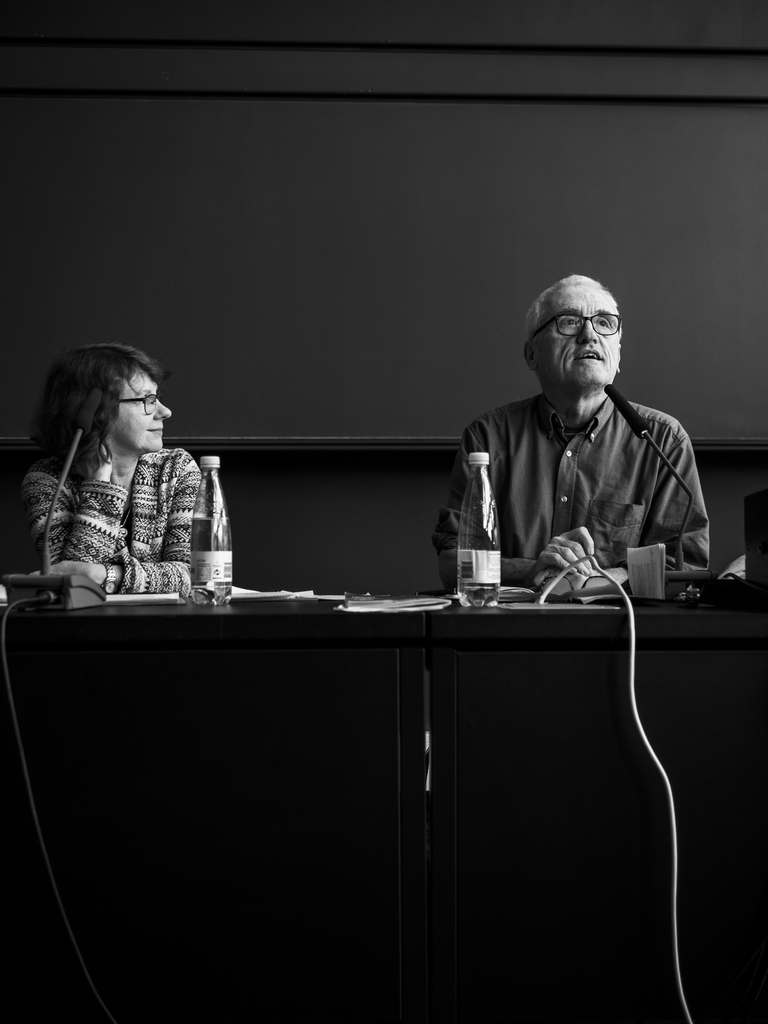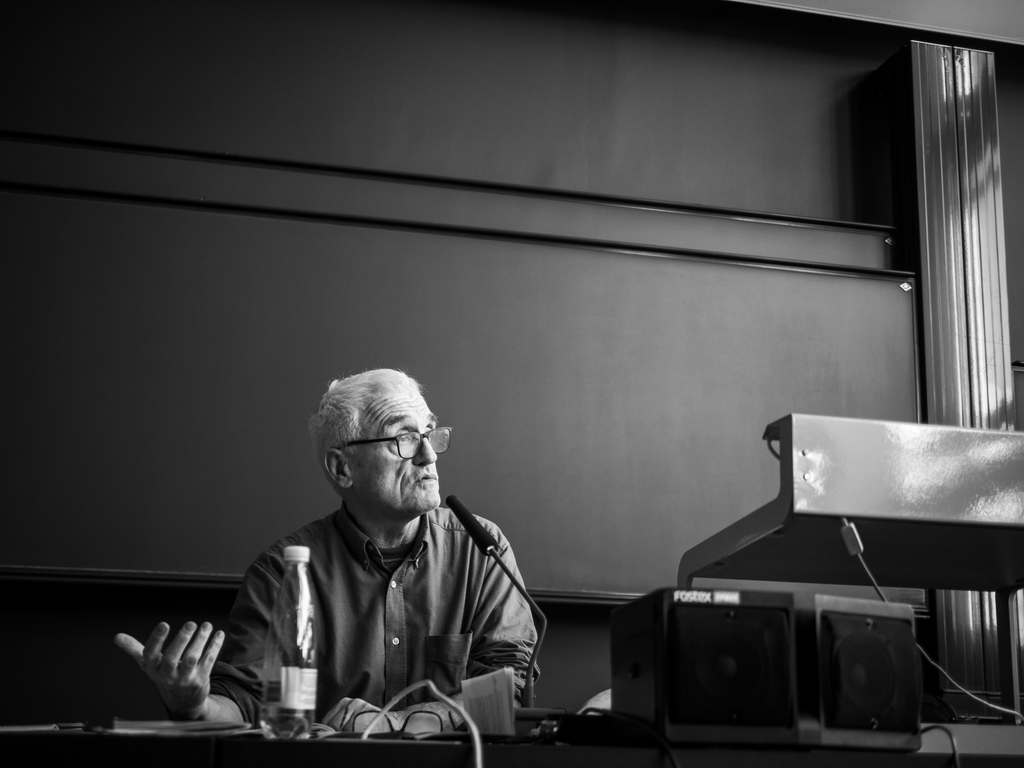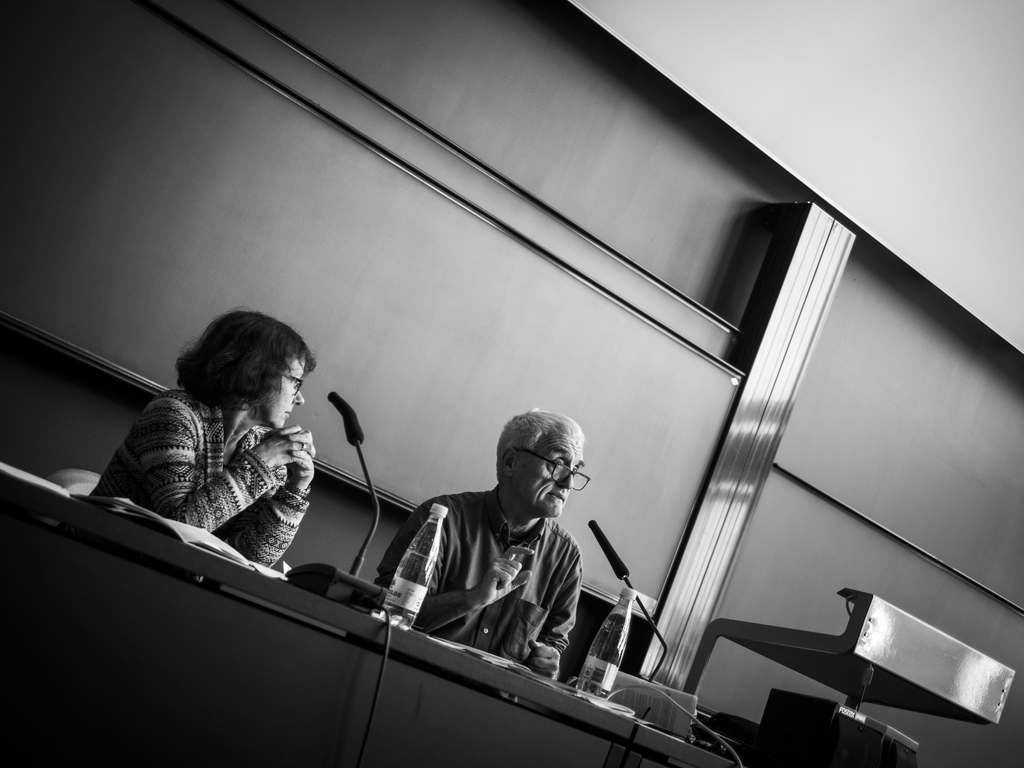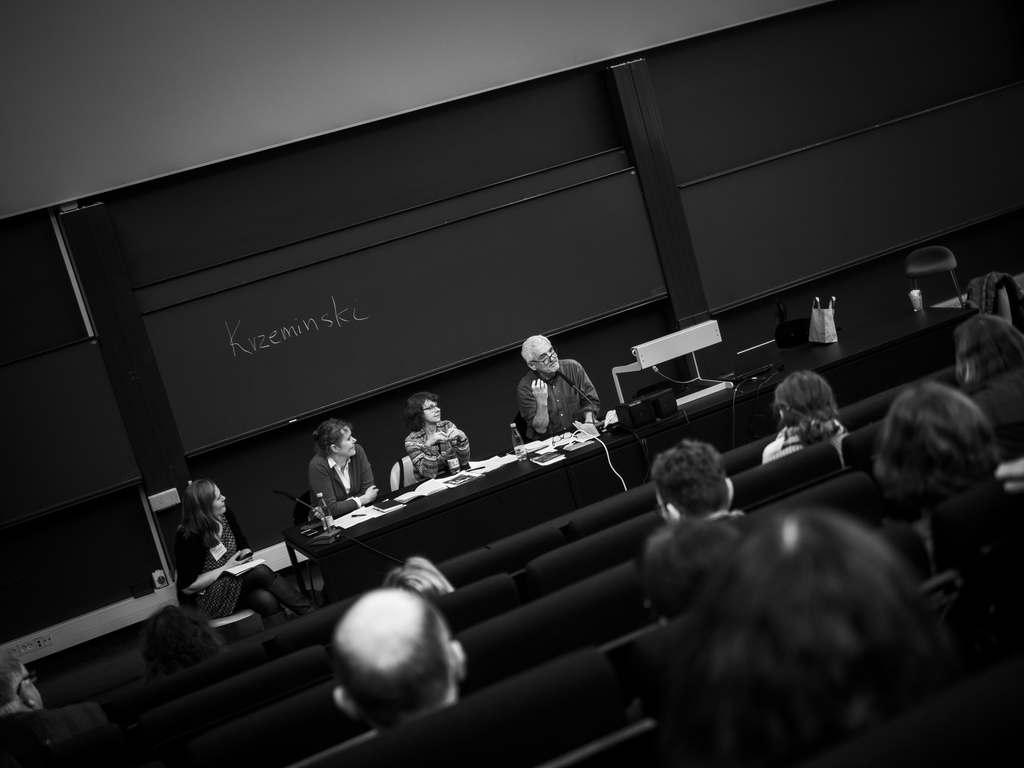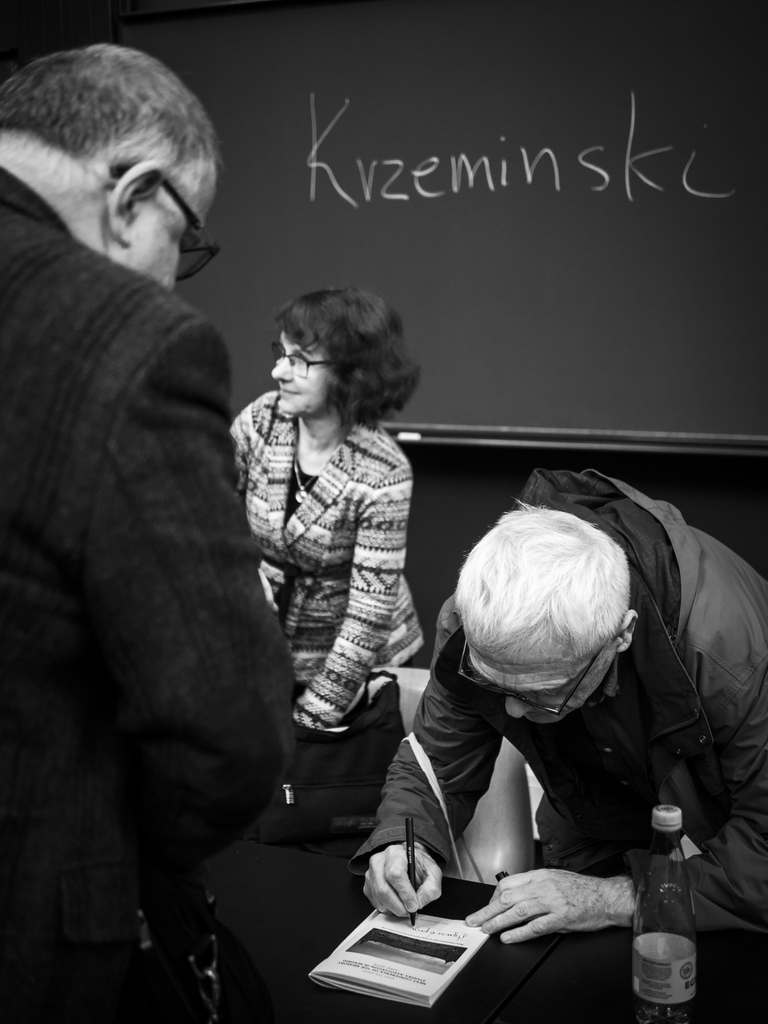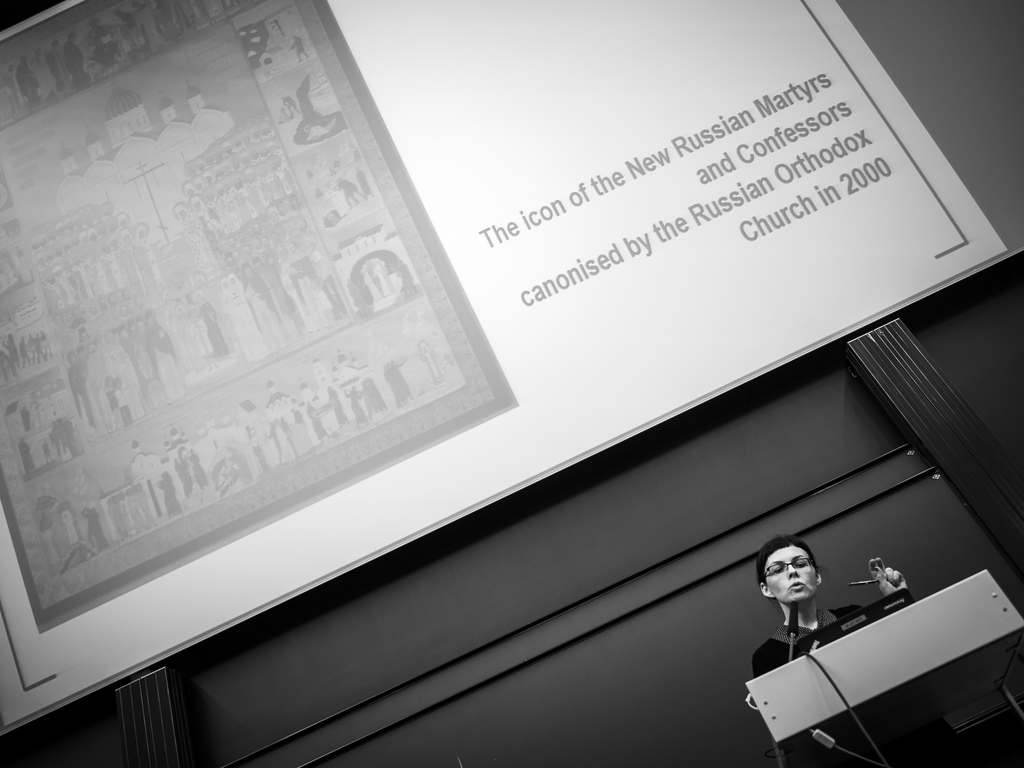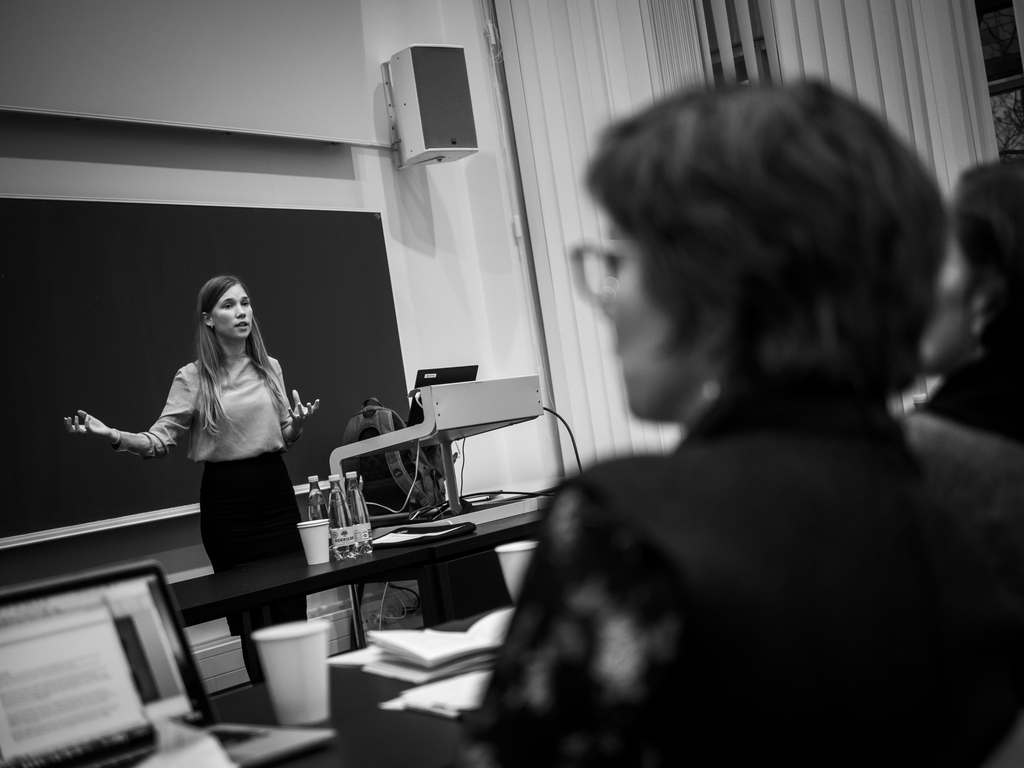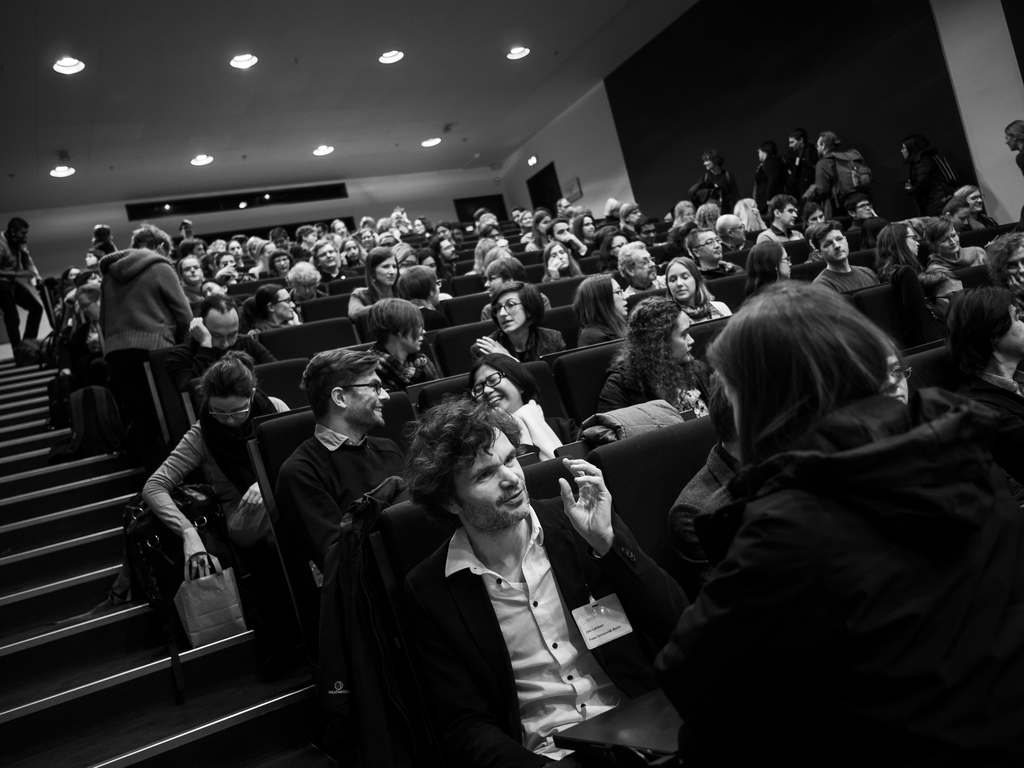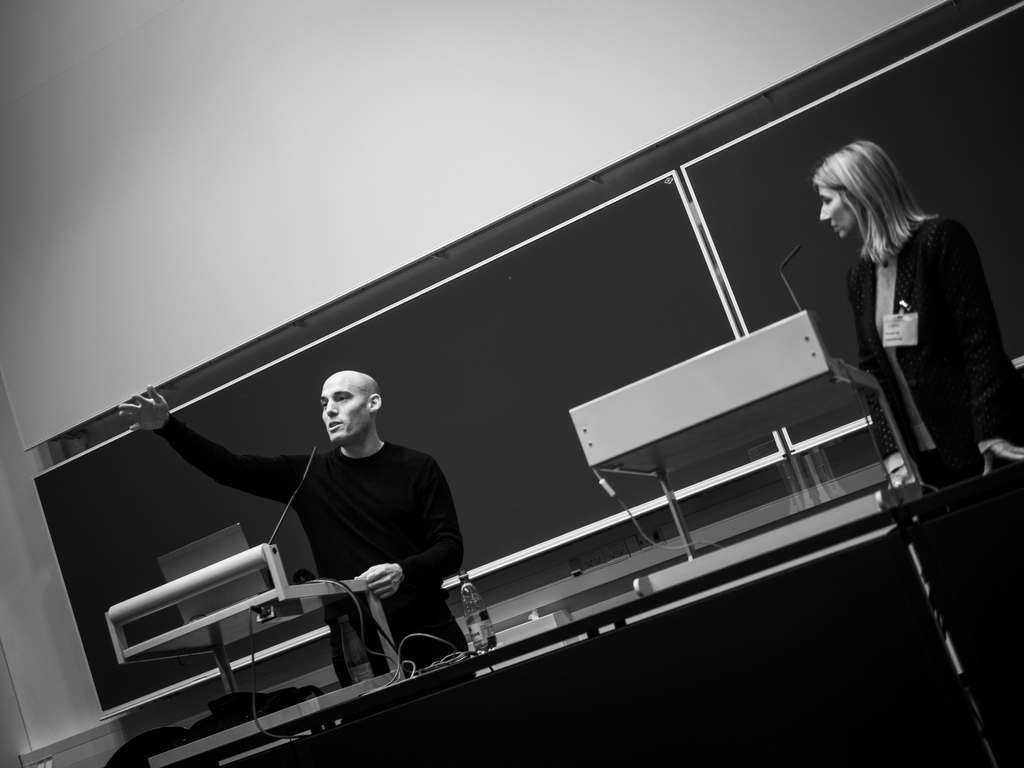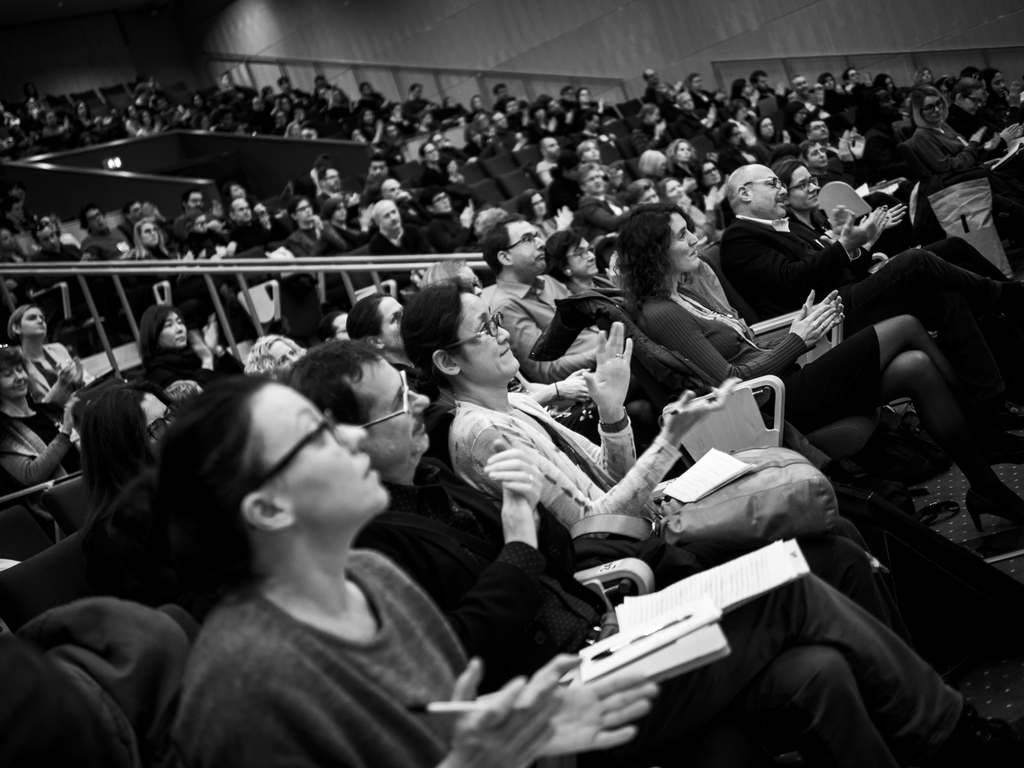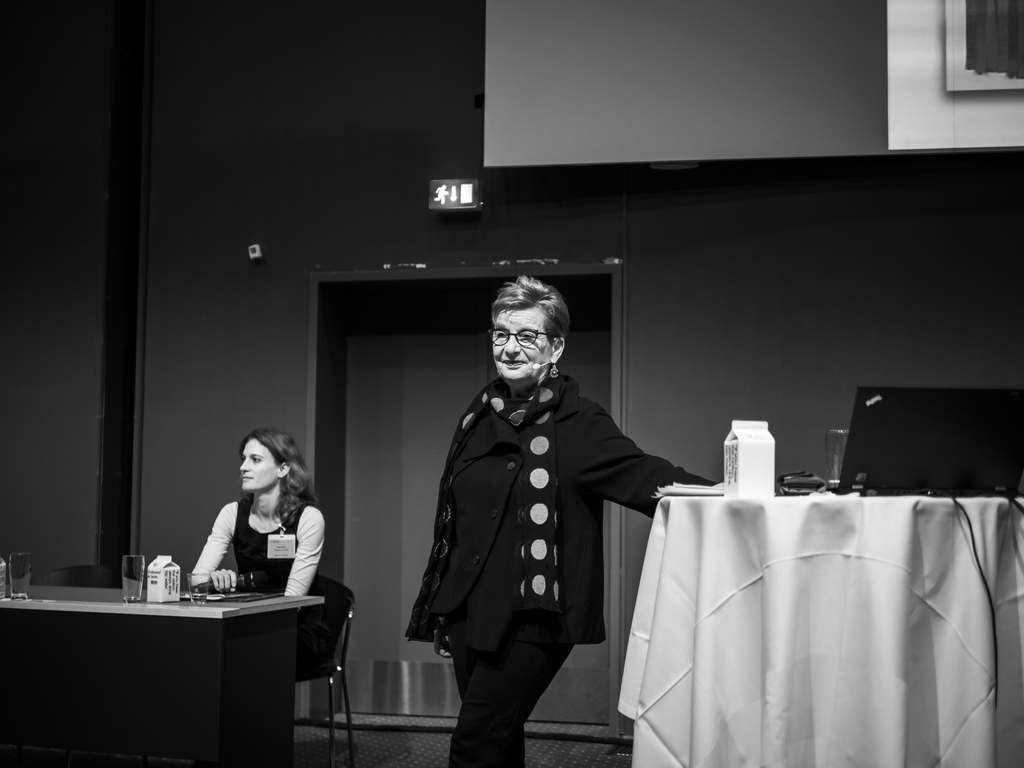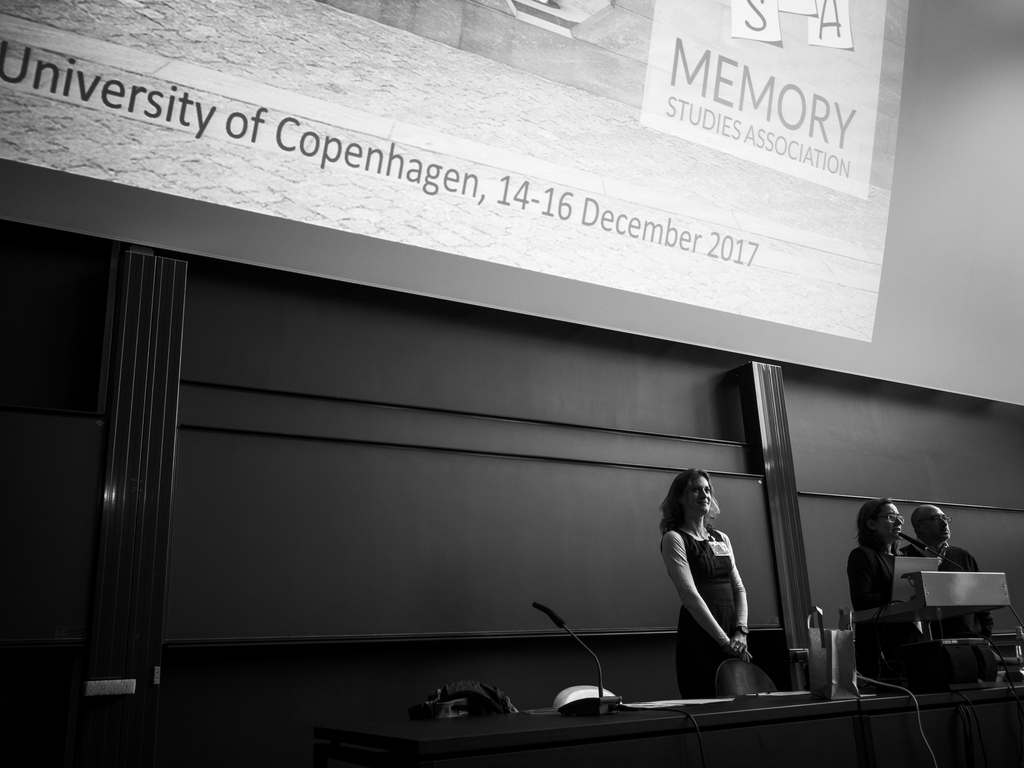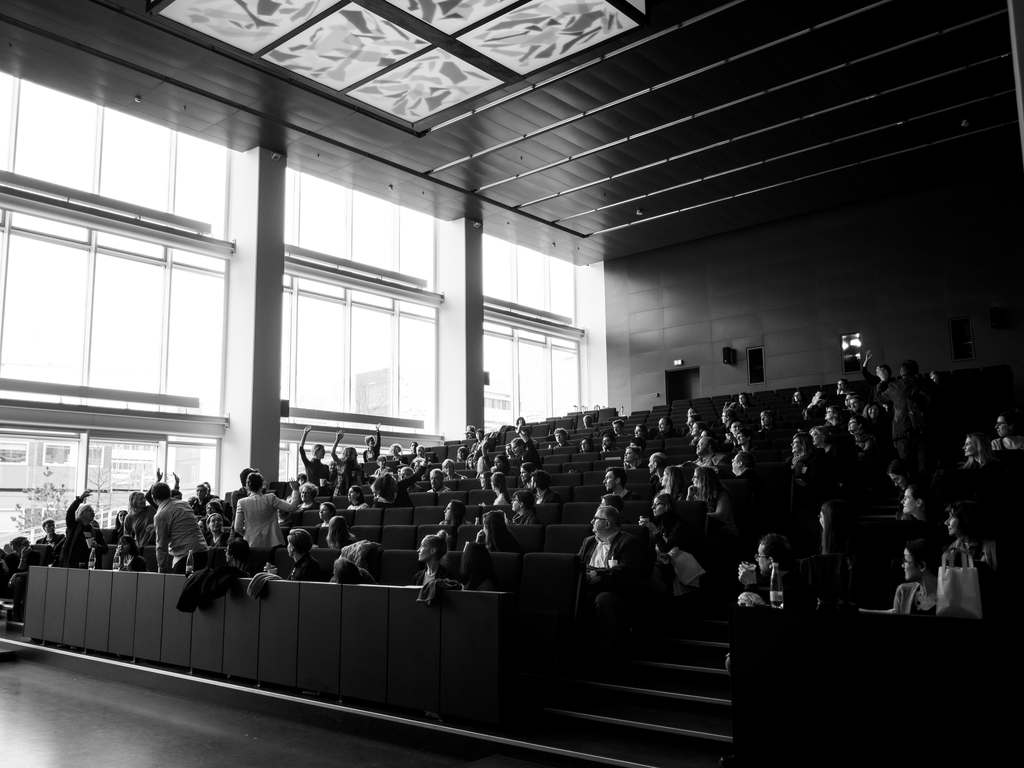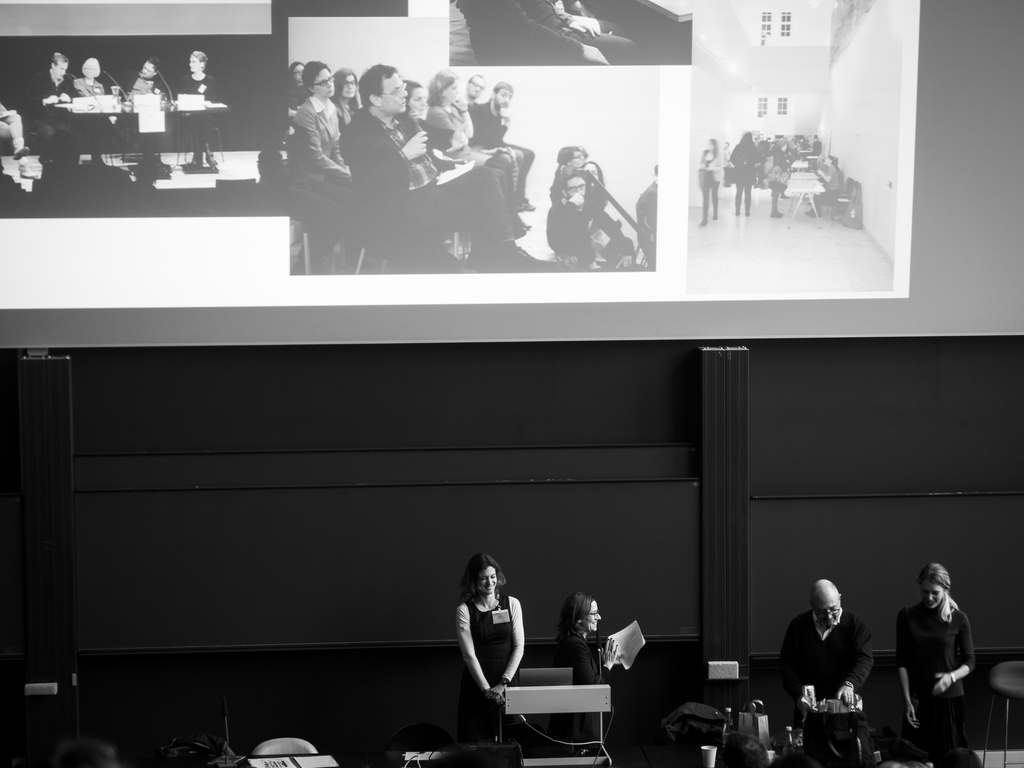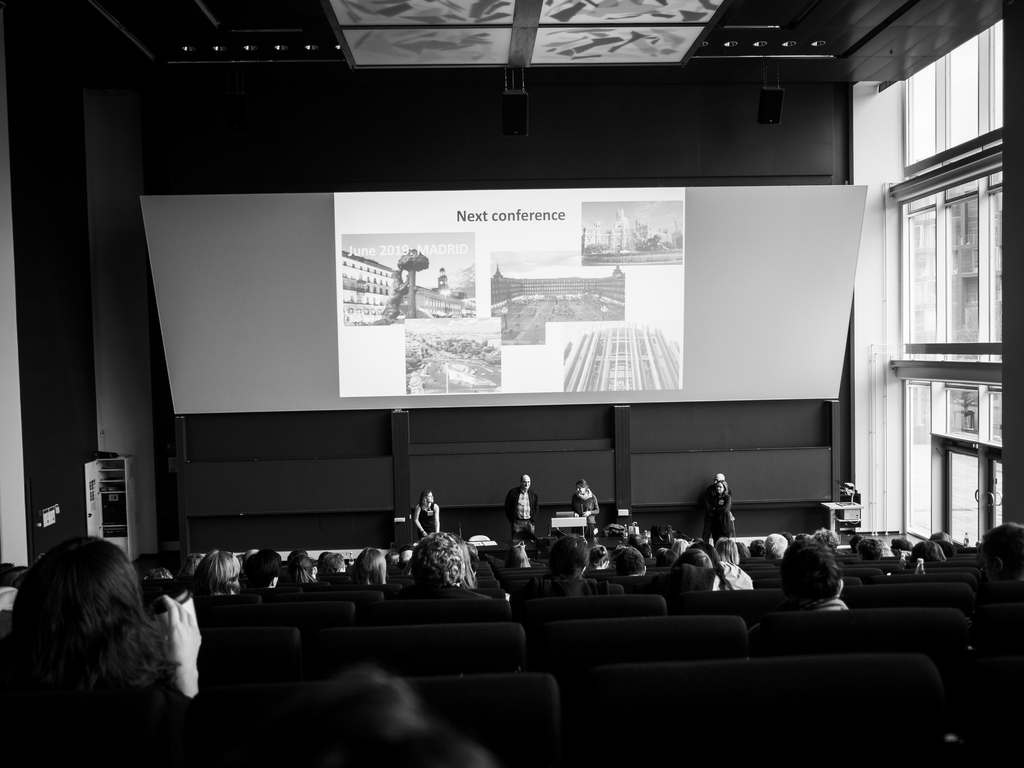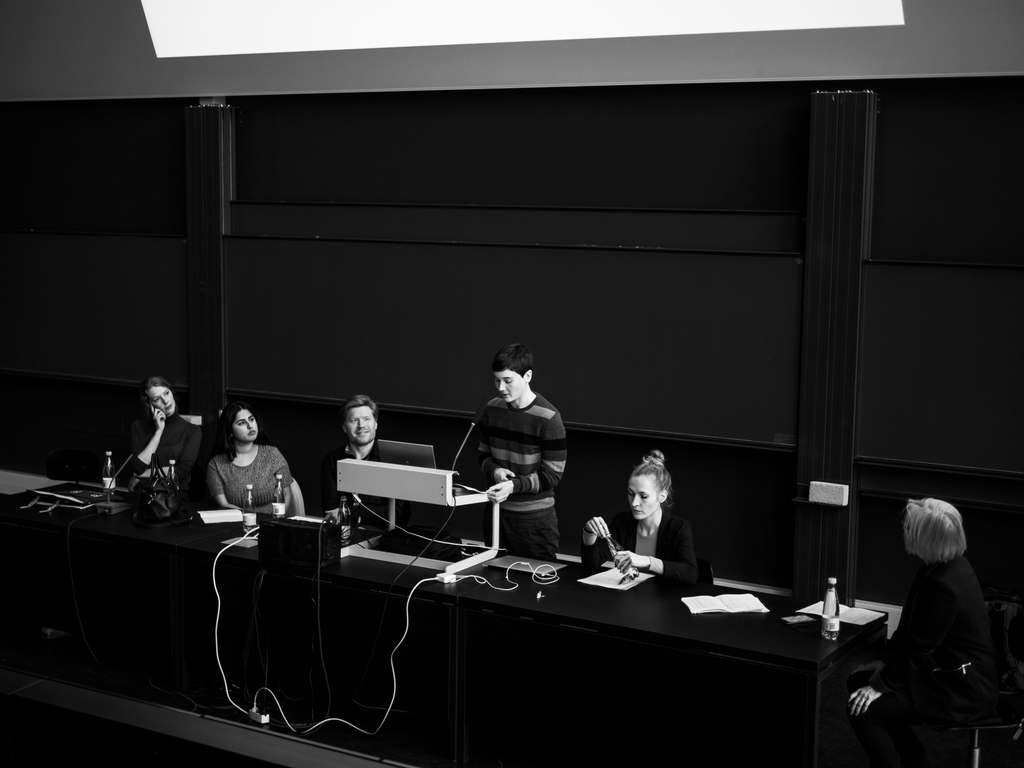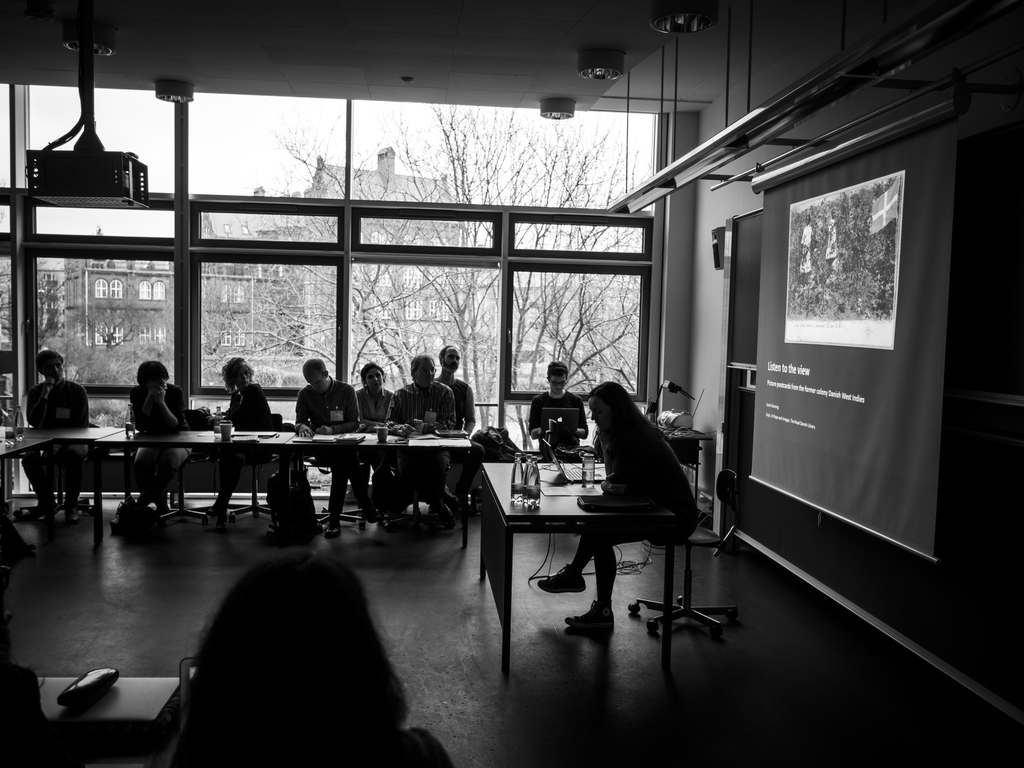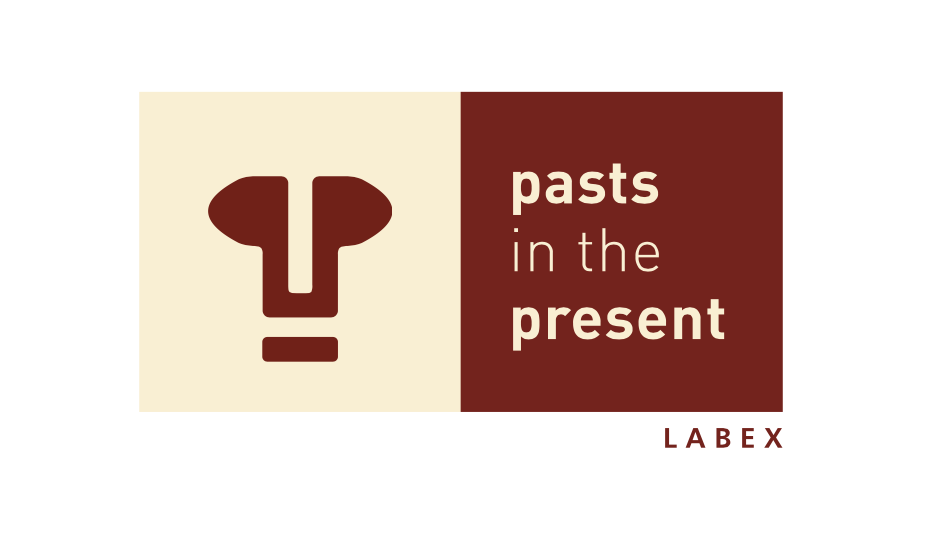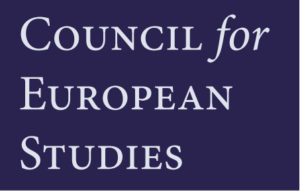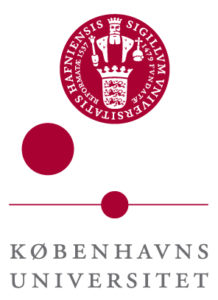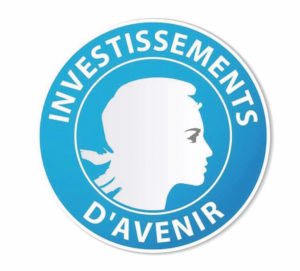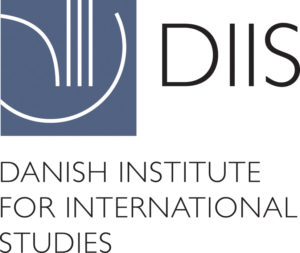The Memory Studies Association Conference 2017
University of Copenhagen 14.-16. December
Message from Pierre Nora
I am unfortunately unable to attend the Memory Studies Association because of family matters. I am terribly disappointed because of that. Professor Vered Vintzky-Seroussi asked me, however, to send you a personal message. I thank her warmly and readily accept her suggestion.
The project, Realms of Memory, with its seven French volumes, its translations in numerous countries, and its imitations in many others, has without a doubt been one of the first major undertakings of historical interest in the study of memory.
If this work has had such a great resonance abroad, it is because all these countries, in the last twenty or so years of the last century, has each in their own way, undertaken the study of memory. When I started to get interested in this phenomenon, at the end of the 1970s and the beginning of the 1980s, I thought that this way of conceiving history, could only be relevant for France for reasons based on its particular history. I understood very quickly, however, with the whole team of historians who participated in this project, that the spinoffs from this project in the 1980s, of this new relationship to the past, would take different forms in each country according to their individual histories.
This interest for memory has proliferated in many ways because memory has become our way to apprehend the past.
Memory studies have overtaken each of the classical domains of history: economic, social, political, religious, at the expense of neglecting more traditional domains of study for the study of memory. To study, for example, the memory of an industrial enterprise should not neglect the history of the production of that enterprise in a purely economic context.
The expansion of memory studies has had an additional effect. These phenomena have come out of the discipline of history to have an effect on other disciplines: aesthetics, psychology, sociology, architecture, environmental studies, anthropology, and the novel. At the same time this has led to the examination of theories of memory, the philosophy of memory, the relationship between historical memory and the physiology of memory, and the mechanisms and forms of collective memory.
The memory boom explains the existence of two movements that distinguish our times.
The first consists of the movement of the center of gravity of historical research to the contemporary period which has left the traces of the recent past on those who have borne witness to it or have been its victims. We have lived the birth of the history of the present, or if one prefers, a rise in the power of “presentism” in our representation of history. We have seen a break in the traditional sense of the continuity of time that linked the future to the past and only made the present a simple place of “passage”. The present has acquired a hegemonic presence, and become, in effect our principle category of self–examination. In effect, there exists a certain consubstantiality between the coming of the “present” and the coming of “memory”.
The second movement that distinguishes our time and explains the coming of memory is a form of the democratization of history. By that I mean that the sentiment of history has penetrated in depth all individuals: not only historical actors or those who felt themselves implicated in it. Everyone was preoccupied by the relationship to the past; everyone today, because of the influence of the media, has the feeling of participating in history, albeit one that is passive in nature.
The omnipresence of memory in the contemporary world attests to the decentralization of memory. What you are doing here today has great importance. The Memory Studies Association can or must take on it role of as the center of international information and become a carrefour of ideas and a major laboratory for the study of memory.
After the meeting in Amsterdam last year, this meeting in Copenhagen marks a decisive moment. I regret not being able to participate in it, but I am pleased, thanks to the intermediary of Professor Vered Vinitzky-Seroussi to wish you the greatest success.
PIERRE NORA, 14 December 2017
Videos from the Memory Studies Association Conference 2017
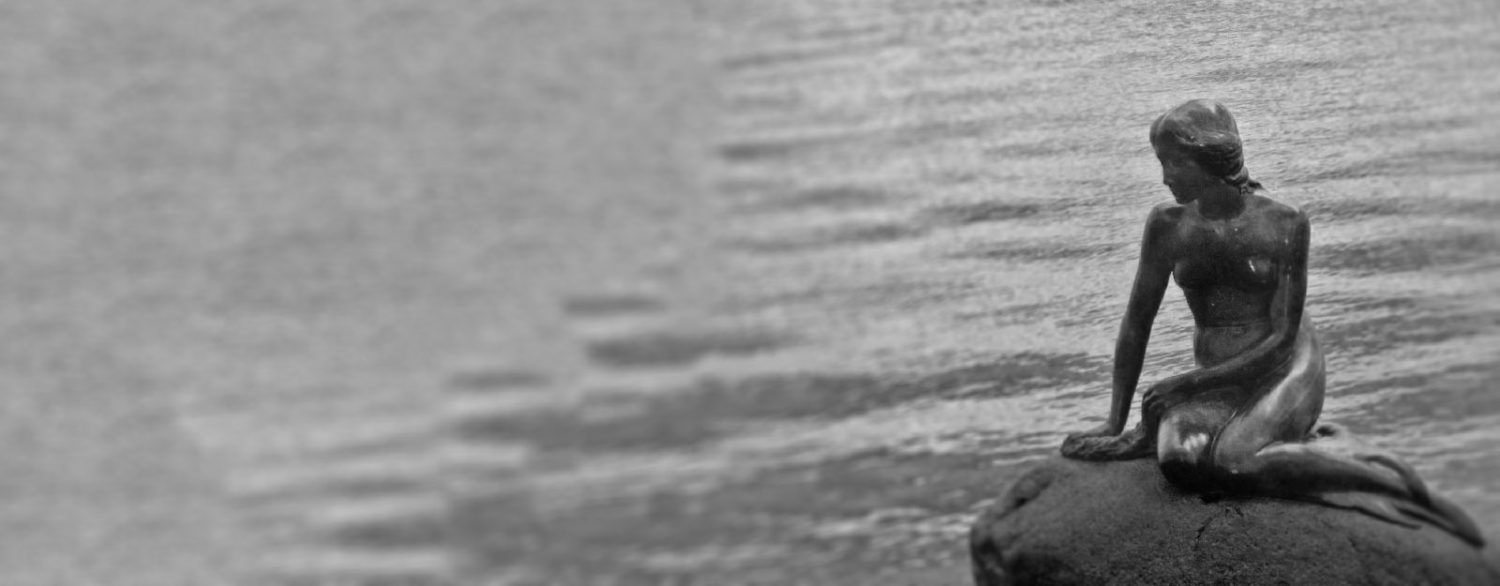
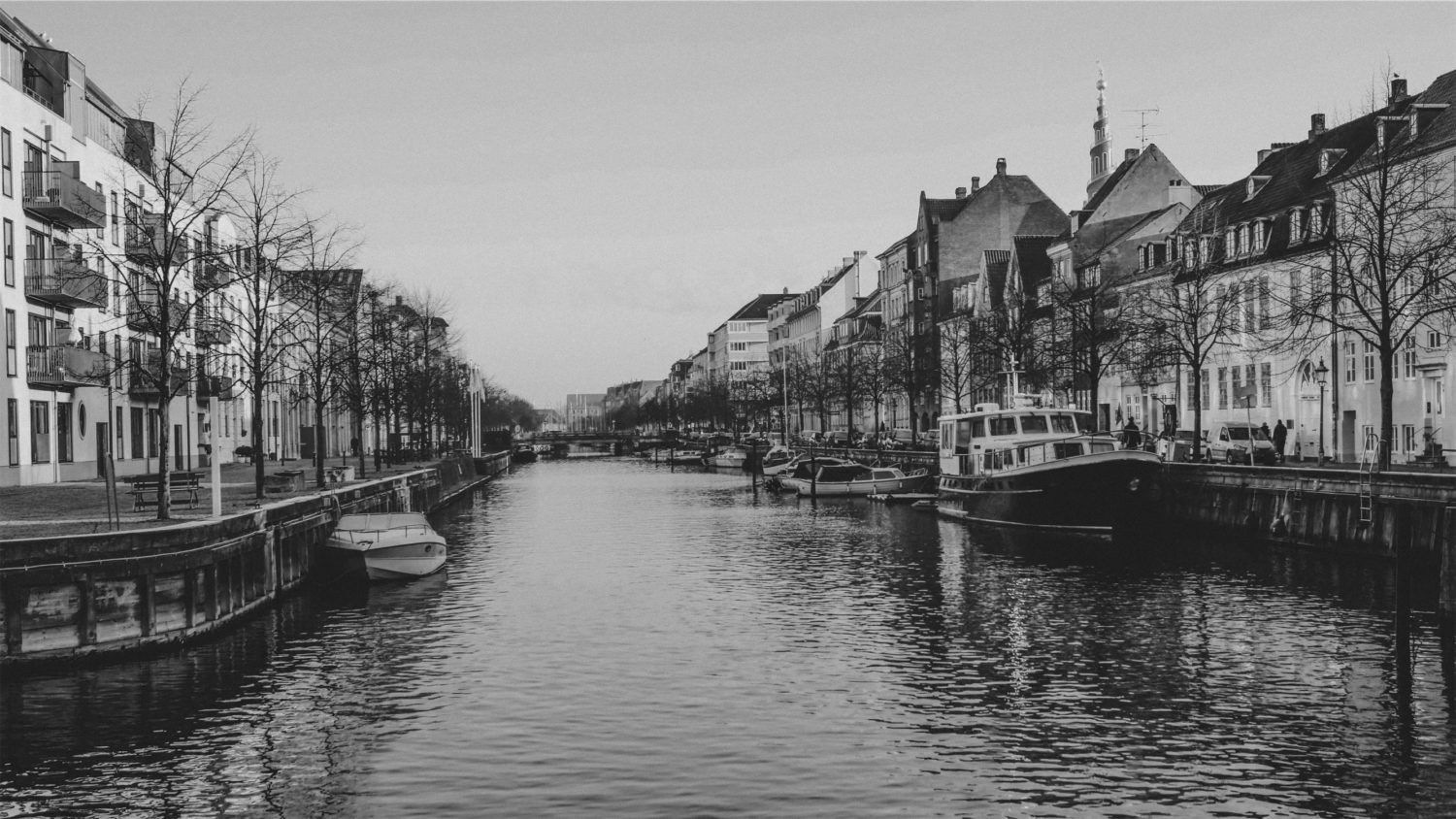
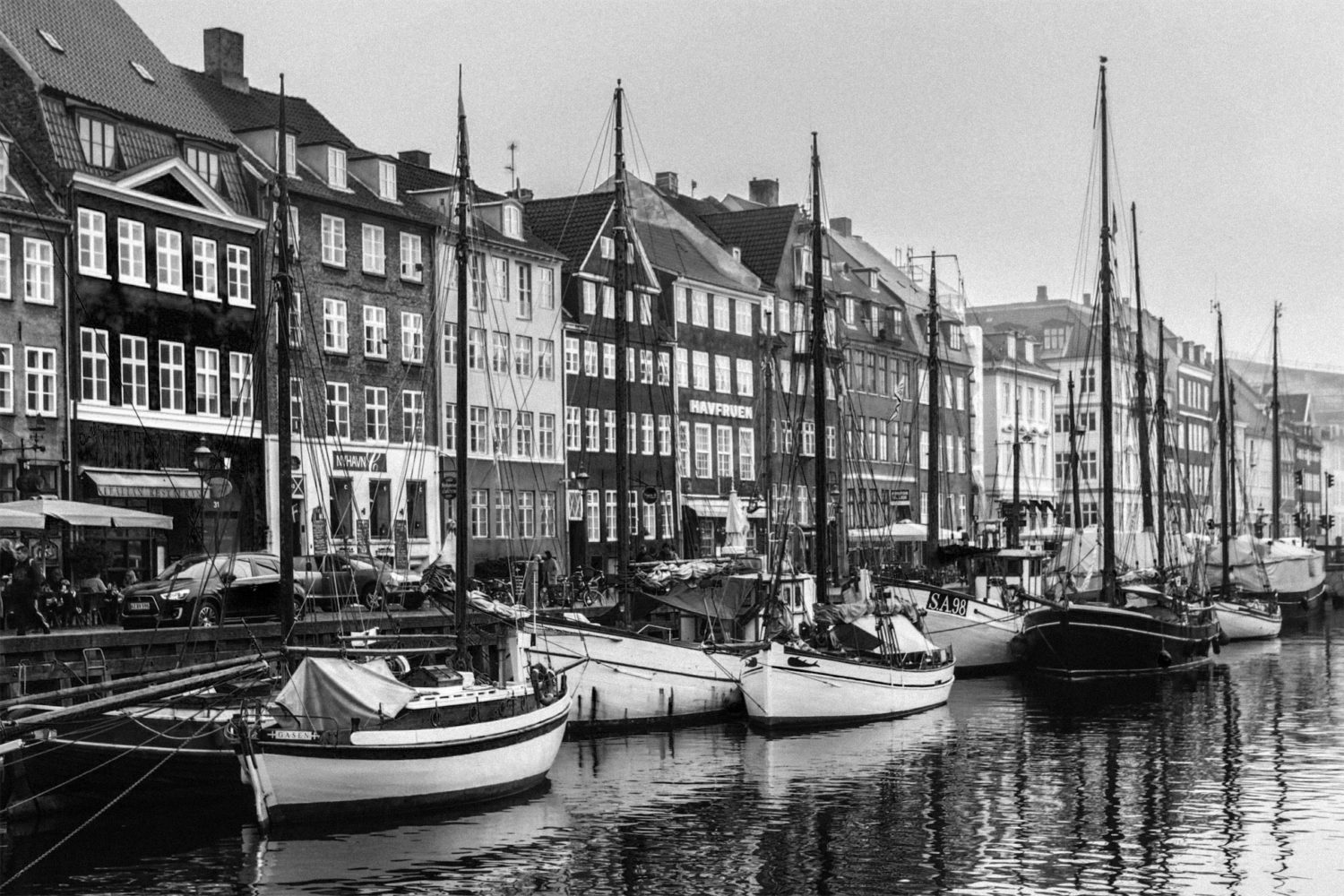

![IMG_4382[1]](https://www.memorystudiesassociation.org/wp-content/uploads/2018/01/IMG_43821-1-e1516326614181.jpg)
![IMG_4383[1]](https://www.memorystudiesassociation.org/wp-content/uploads/2018/01/IMG_43831-1-e1516326642625.jpg)
![IMG_4388[1]](https://www.memorystudiesassociation.org/wp-content/uploads/2018/01/IMG_43881-1-e1516326667256.jpg)
![IMG_4389[1]](https://www.memorystudiesassociation.org/wp-content/uploads/2018/01/IMG_43891-1-e1516326687805.jpg)
![IMG_4390[1]](https://www.memorystudiesassociation.org/wp-content/uploads/2018/01/IMG_43901-1-e1516326705429.jpg)
![IMG_4397[1]](https://www.memorystudiesassociation.org/wp-content/uploads/2018/01/IMG_43971-1-e1520421257520.jpg)
![IMG_4401[1]](https://www.memorystudiesassociation.org/wp-content/uploads/2018/01/IMG_44011-1-e1516326742435.jpg)
![IMG_4403[1]](https://www.memorystudiesassociation.org/wp-content/uploads/2018/01/IMG_44031-1-e1516326580407.jpg)
